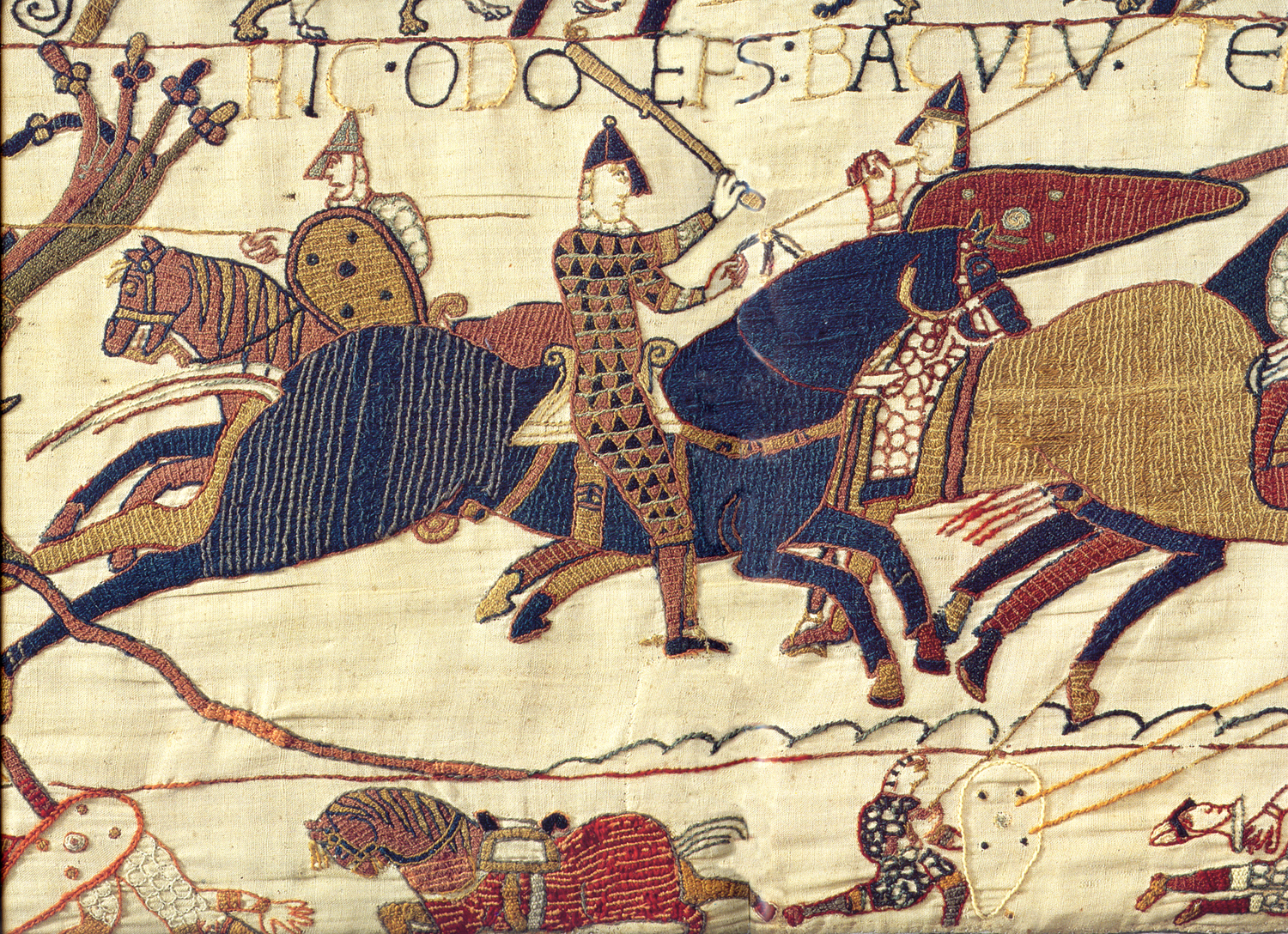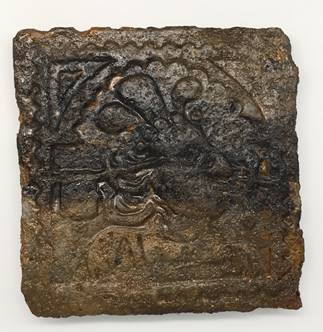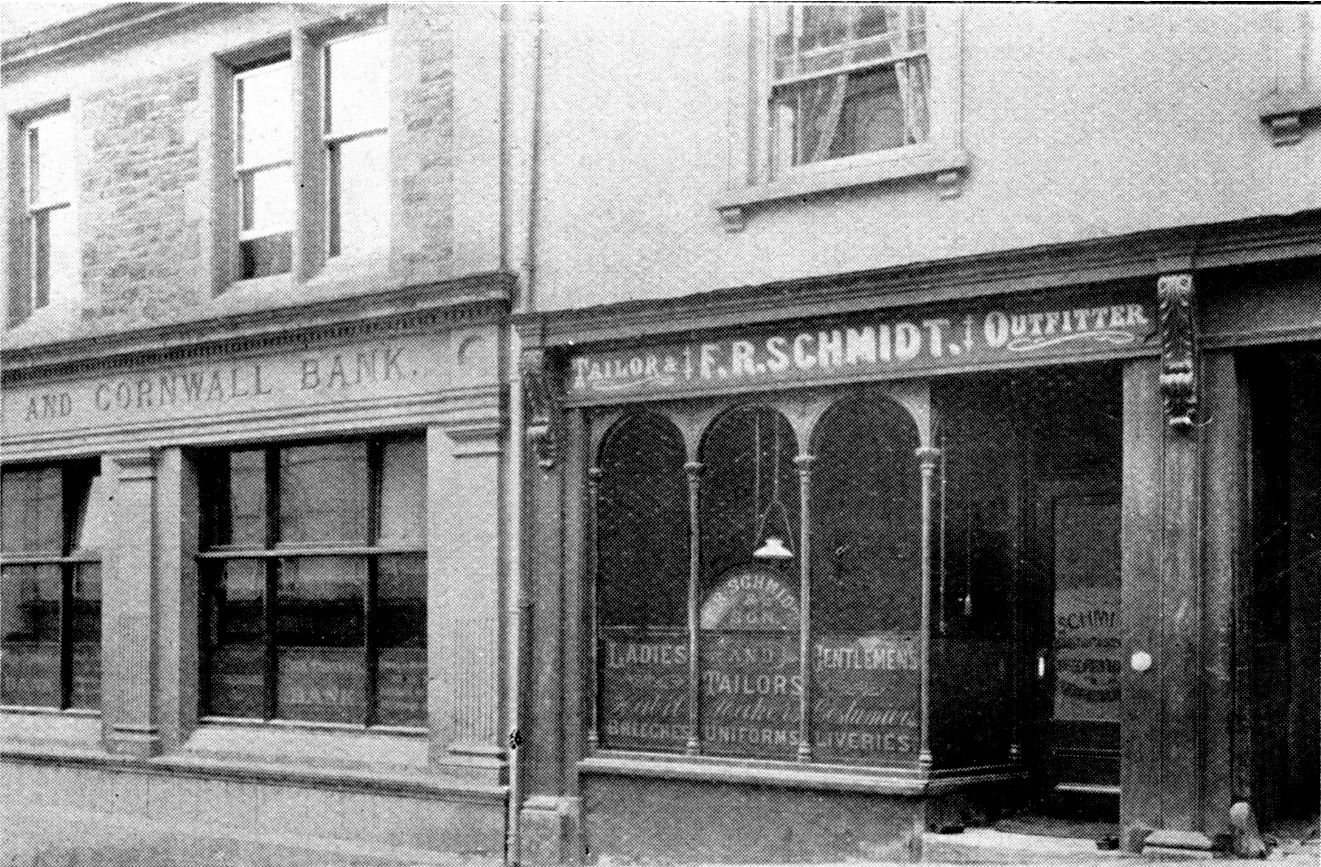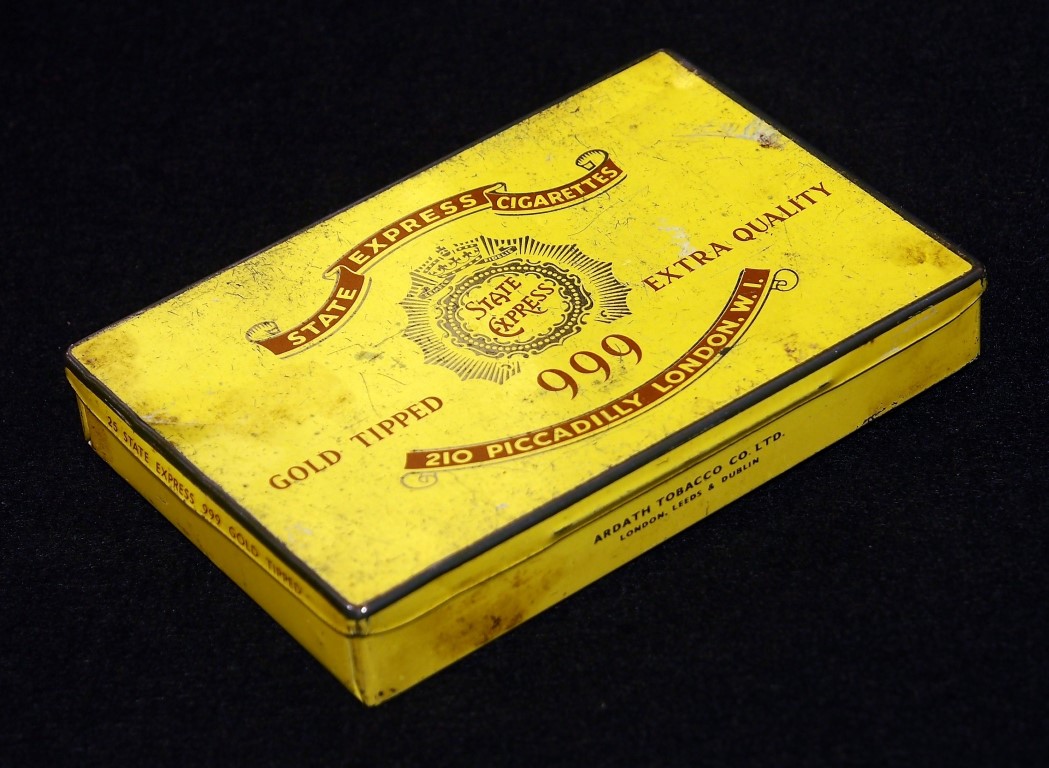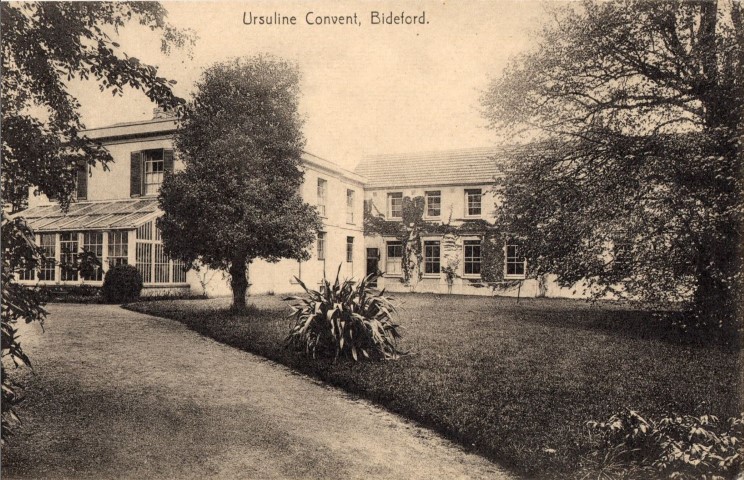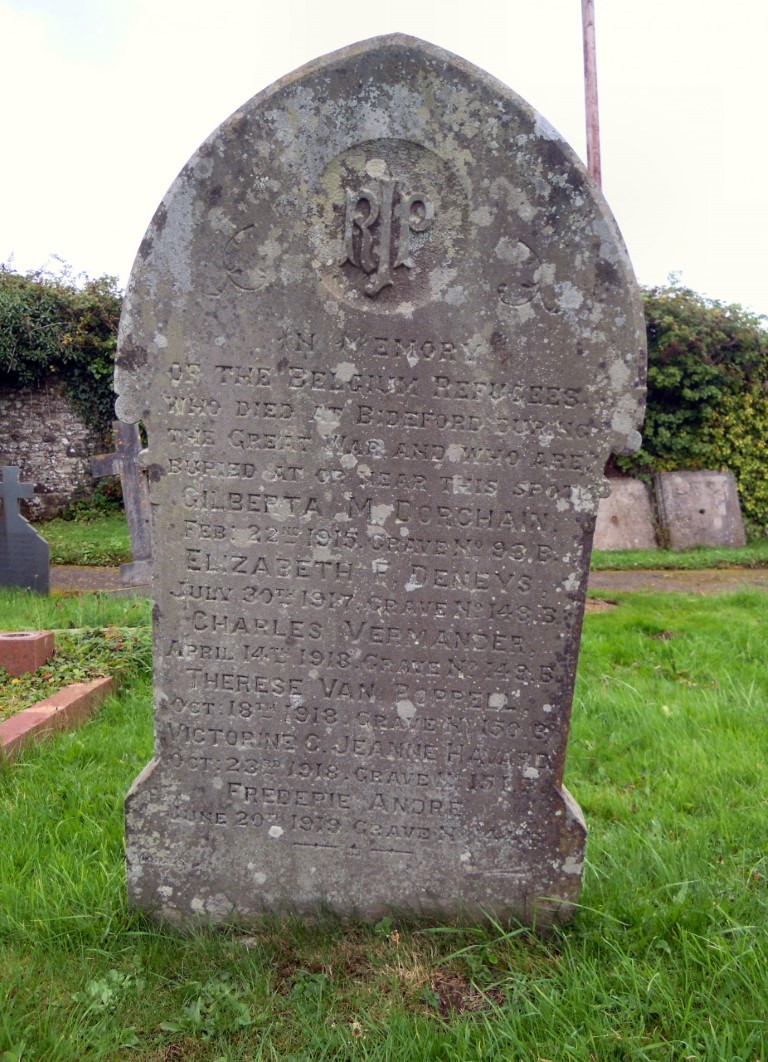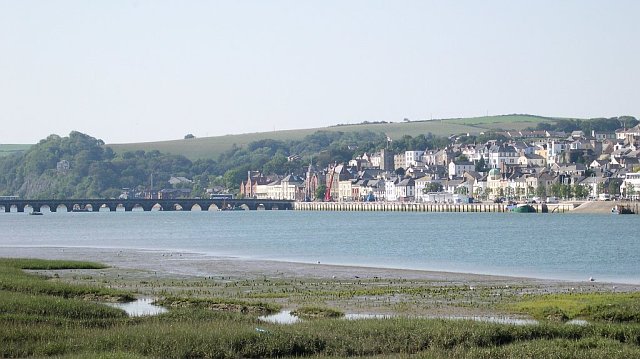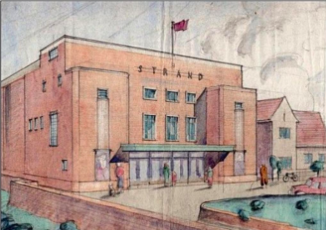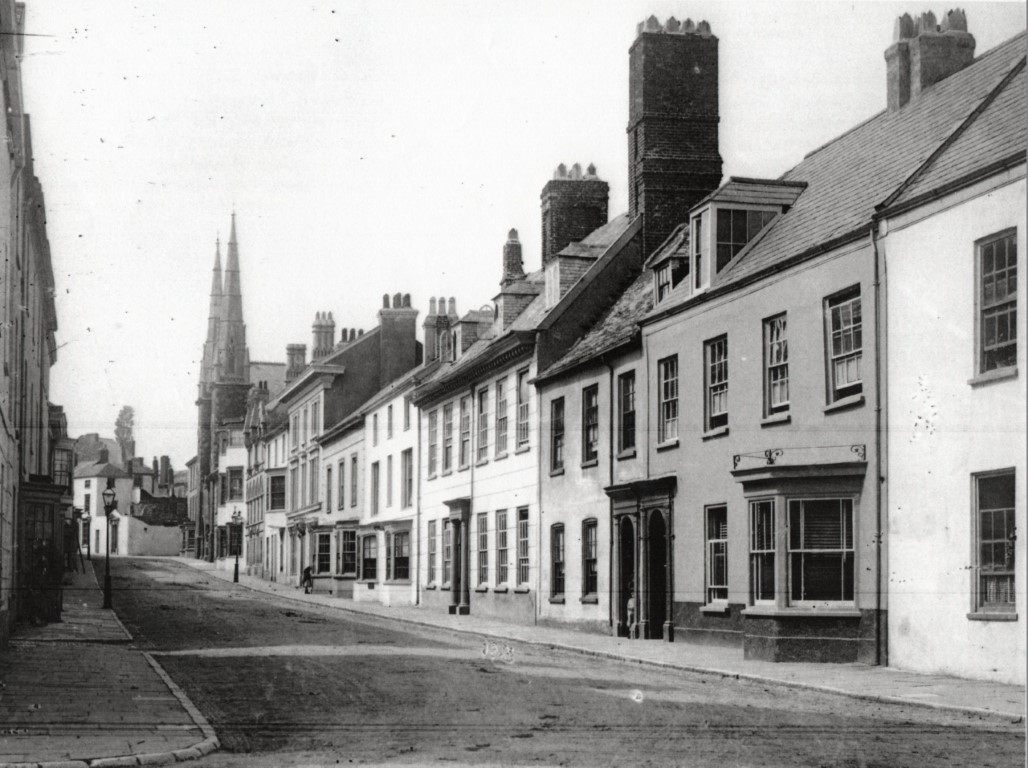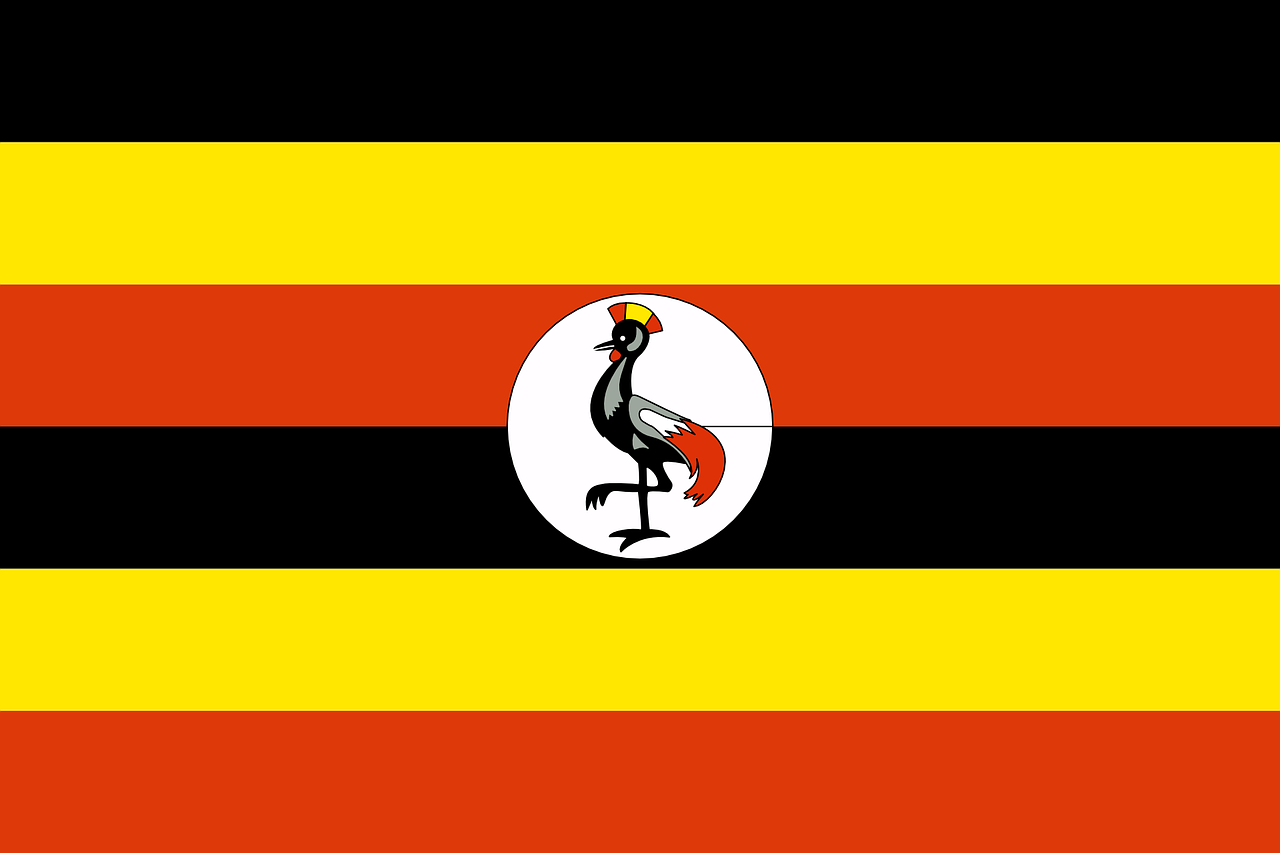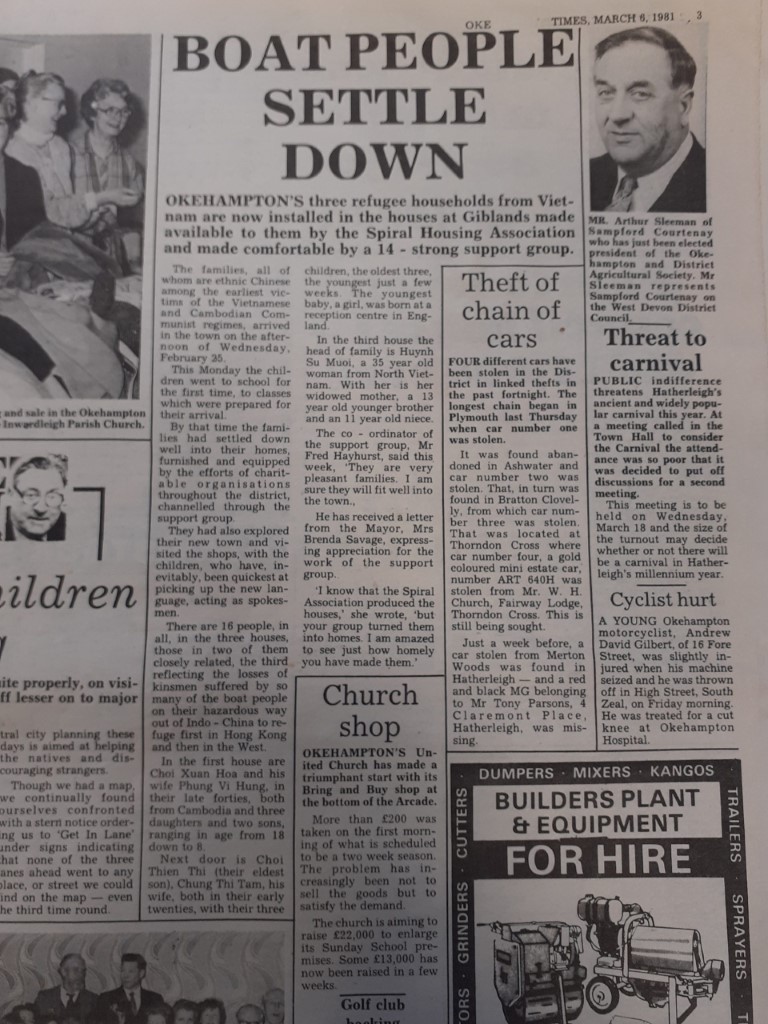Bideford is one of North Devon’s largest towns. It is a town on the water, which was at one time England’s third largest port.
Predictably, it has longstanding links with the rest of the world through trade, travel, and colonialism. Connections to the Americas are particularly significant. In the 16th to 18th centuries, Bideford would have received and exchanged many things, and many people. These included tobacco, cod and ceramics – but also indentured labourers and servants.
Explore the timeline below to learn more about the town’s multicultural heritage.


